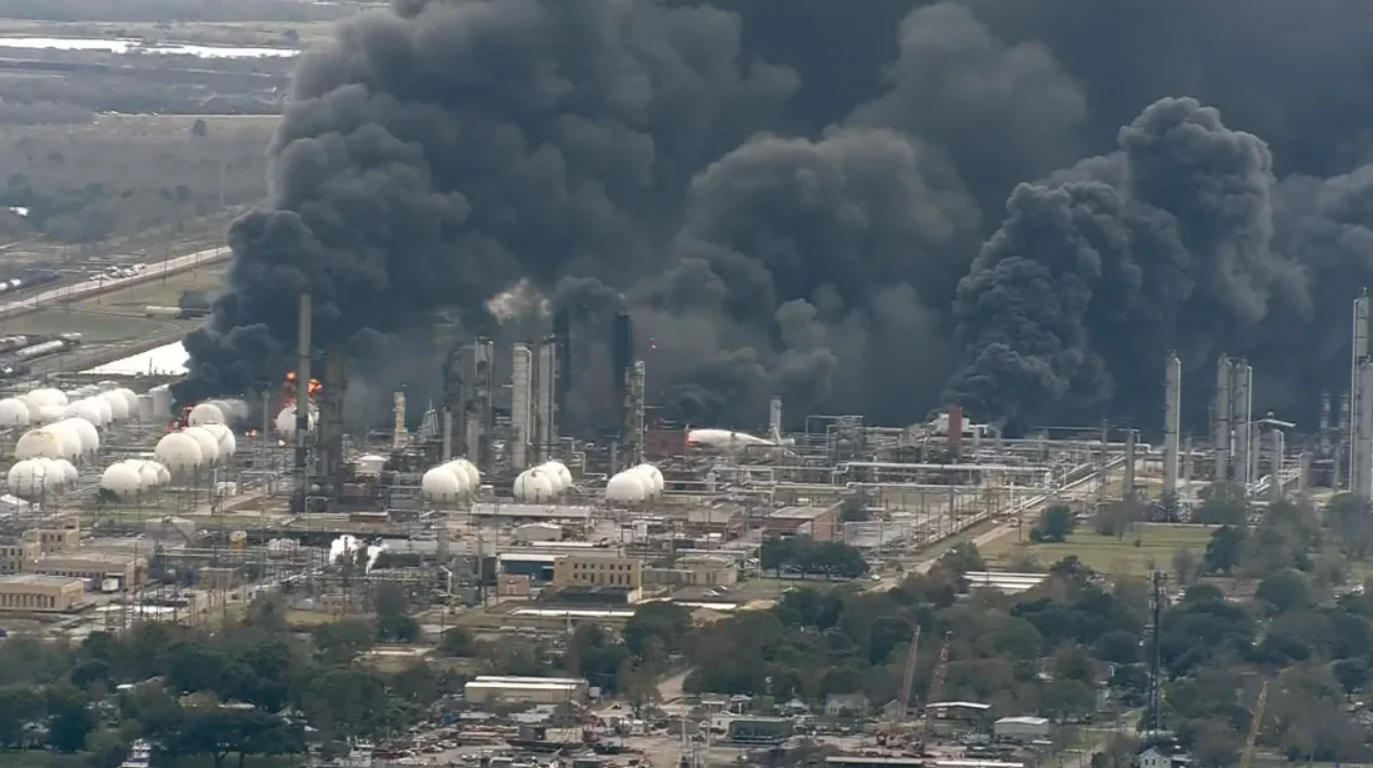Fine Imposed on Texas Petrochemical Corporation for 2019 Plant Explosions
The Texas Petrochemical Company (TPC Group) has admitted guilt to breaching the Clean Air Act in front of the US District Court for Eastern Texas, following its negligence that caused two explosions at its Port Neches plant in November 2019.
The explosions, which occurred within 13 hours of each other, resulted in injuries to three workers and forced the emergency evacuation of over 50,000 residents from the vicinity. The impact of the blasts was felt up to 30 miles away.
TPC Group operates three plants along the Gulf of Mexico coast: in Port Neches, Houston, and Lake Charles, Louisiana.
An investigation by the US Department of Justice revealed that the explosions released over 11 million pounds of hazardous chemicals, causing more than $130 million in offsite property damage and significant harm to human and environmental health.
The Port Neches facility, responsible for 20% of US butadiene production, suffered from a dangerous buildup of chemical material inside a critical production pipe for over three months before the explosions. This buildup created highly pressurized and toxic conditions, eventually leading to the explosions.
Internal reports from as early as 2016 indicated TPC Group’s awareness of the hazards posed by the buildup, recommending regular maintenance to prevent such incidents.
The US Chemical Safety Board (CSB) supported the findings of the Department of Justice, concluding that TPC Group had knowingly neglected safety protocols.
Steve Owens, chair of the CSB, emphasized, “The incident at TPC was the result of a known safety hazard poorly managed and controlled at the facility.”
Furthermore, the World Socialist Web Site documented TPC Group’s consistent violations of emission standards set by the Environmental Protection Agency (EPA) since 2017.
In its plea, TPC Group expressed regret for the damages caused and committed to cooperate fully with investigations. As part of its plea agreement, the company will pay $30 million in fines and invest $80 million to enhance safety measures at its facilities.
Photo credit: KPRC


